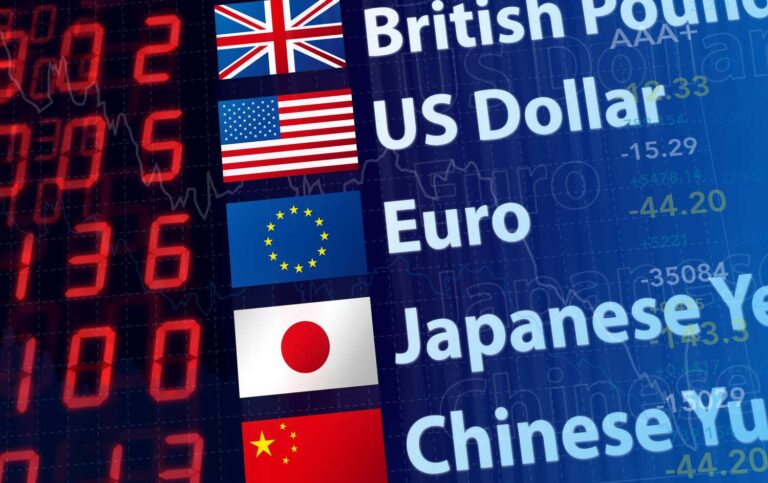
Forex trading has become increasingly popular as a way to potentially make a profit in the financial markets. Understanding the key concepts and terminology in the forex industry is essential for success. Here’s a look at 15 key words every forex trader should know.
Forex trading: Forex trading involves the buying and selling of different currencies with the aim of making a profit. This is done by taking advantage of fluctuations in exchange rates.
Currency exchange: When converting one currency into another, you are participating in a currency exchange. This is a common practice for travelers and for businesses that conduct international transactions.
Foreign exchange market: The foreign exchange market, also known as the FX market or the forex market, is the largest financial market in the world, with a daily trading volume of over $6 trillion.
FX trading: FX is shorthand for forex trading and is commonly used in the industry
Forex strategy: To be successful in forex trading, it is important to have a clear strategy in place. This could include technical analysis, fundamental analysis, or a combination of both.
Forex tips: There are many tips and tricks that experienced traders use to increase their chances of success in the forex market. These can include risk management techniques, trading psychology, and following a set of well-defined rules.
Forex analysis: Forex analysis is the process of evaluating economic, financial, and political factors to make predictions about the future performance of a currency. There are two main approaches to forex analysis: technical analysis and fundamental analysis.
Forex education: To participate in the forex market, it is essential to have a solid understanding of the industry and the underlying concepts. There are many resources available for forex education, including online courses, books, and professional training programs.
Forex signals: Forex signals are alerts or notifications that provide information about market conditions and potential trades. They can be generated by software programs, human analysts, or a combination of both. Forex signals can be a useful tool for traders, but it’s important to understand the limitations and potential risks involved.
Forex charts: Forex charts provide visual representations of market data and can be used to analyze market trends and make informed trading decisions. There are many types of forex charts available, including line charts, bar charts, and candlestick charts.
Forex broker: Forex brokers act as intermediaries between traders and the forex market. They provide access to the market, execute trades, and offer a range of tools and resources to support traders. It’s important to choose a reputable and trustworthy forex broker.
Forex trading system: A forex trading system is a set of rules and techniques used to enter and exit the market. These systems can be automated or manual and can vary in complexity. It’s important to understand the risks and limitations involved with using a forex trading system.
Forex trading tools: Forex trading tools include software programs, platforms, and other resources used to research and analyze the market, execute trades, and manage investments. Examples of forex trading tools include charting software, trading platforms, and market news services.
Forex indicators: Forex indicators are tools used to analyze market data and make informed trading decisions. Examples of forex indicators include moving averages, Bollinger Bands, and relative strength index (RSI).
Forex news: Forex news refers to information about global economic and political events that can impact the forex market. Keeping up-to-date with forex news can help traders make informed decisions and stay ahead of market trends.
It’s important to keep in mind that forex trading can be a high-risk activity and it’s essential to educate yourself and understand the risks before participating in the market. With the right education, strategy, and tools, however, forex trading can offer significant potential for profit.